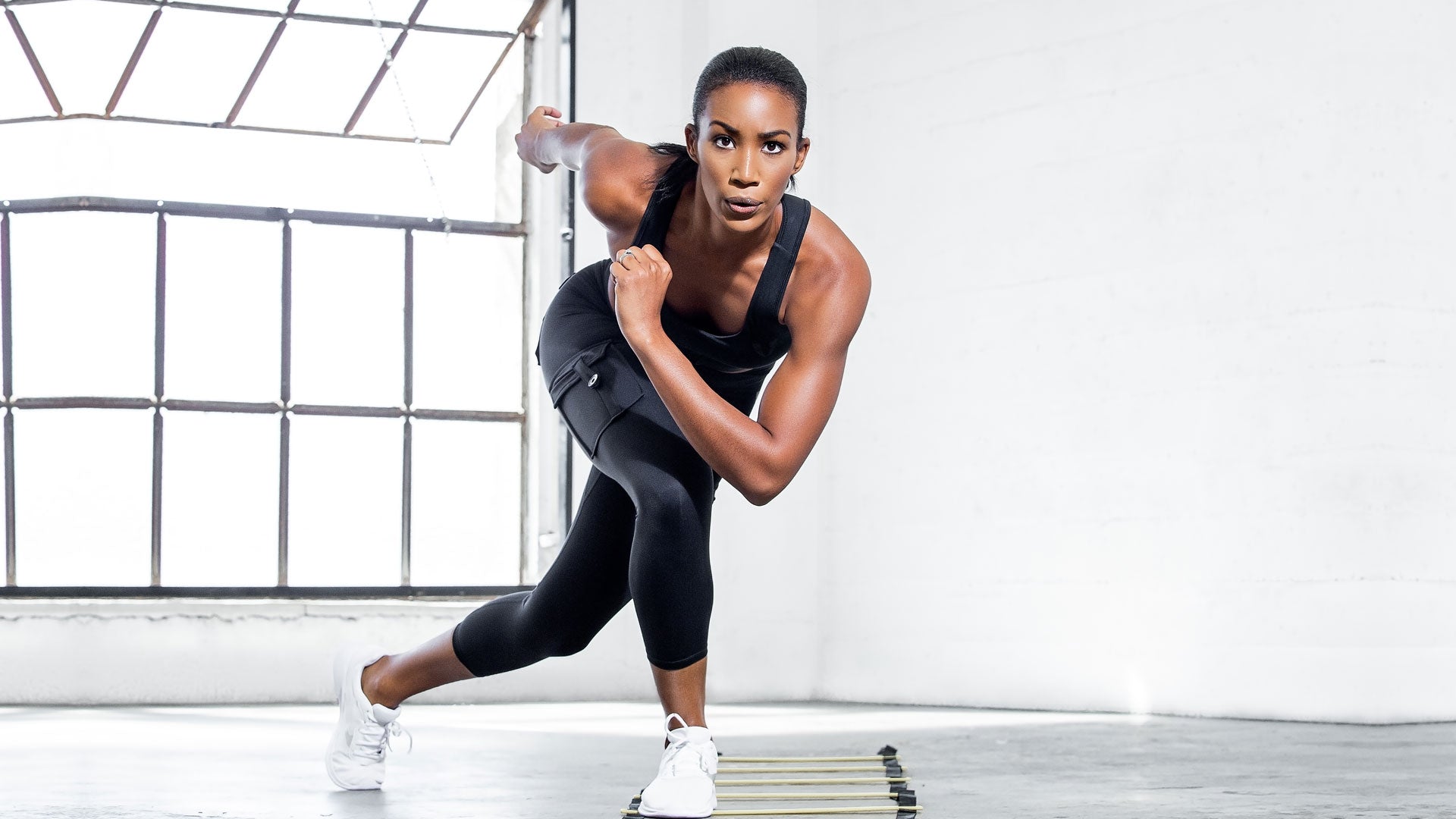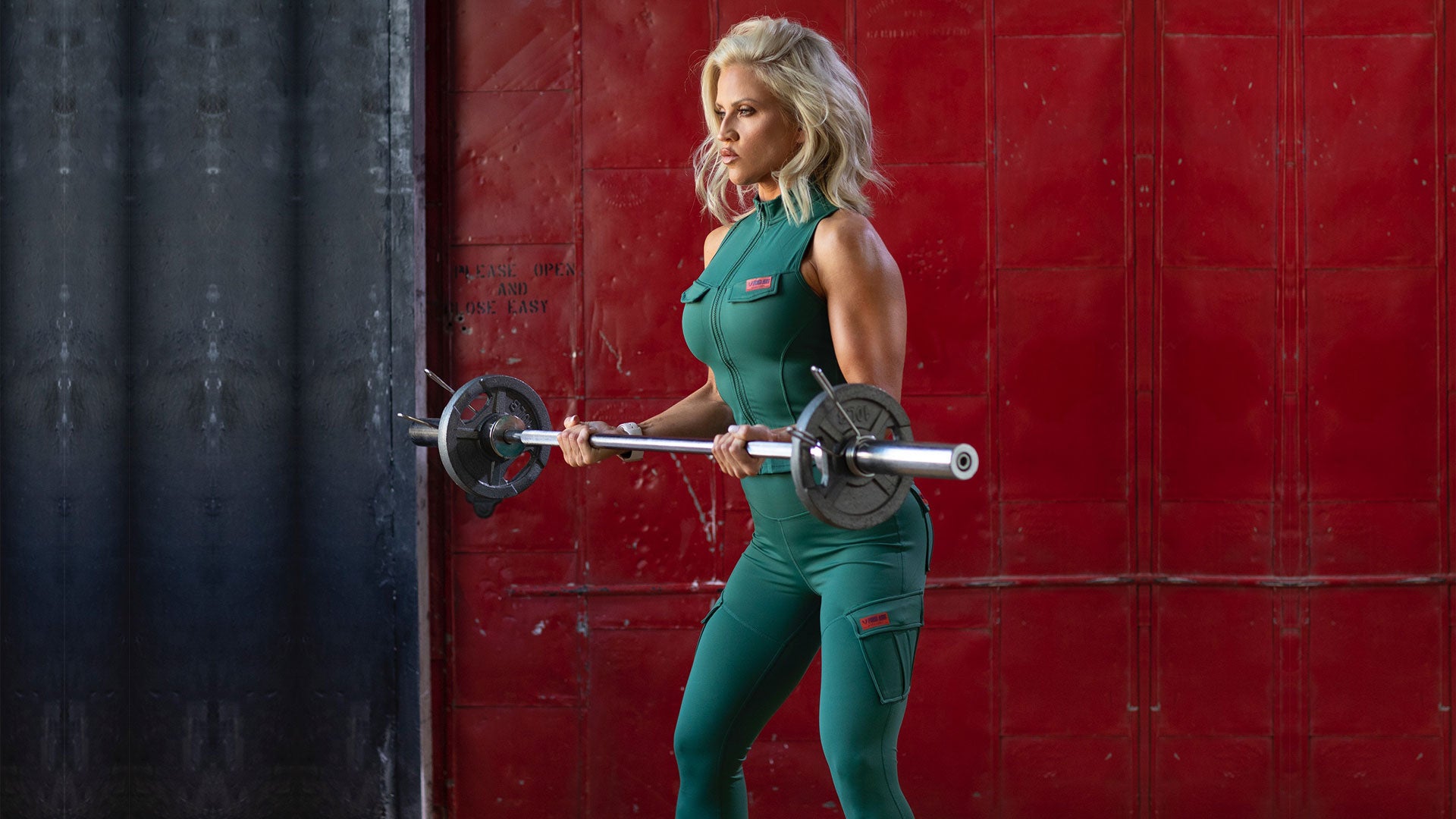
How to do the perfect deadlift?
These days, more and more people new to weights are curious about how to do a deadlift. You'll learn not only the step-by-step process for doing both conventional deadlift and deadlift variations, but you will also learn about the different deadlift benefits.
Benefits of Deadlifts
Deadlifts help people to engage in one of the most classic patterns of movement. This particular movement pattern consists of leaning forward from your hips. Deadlifts strengthen and sculpt your core, your glutes, and other parts of your body such as shoulders and lats.
Engate the entire body
When a person does deadlifts, they can also engage the entire body. More than any other type of resistance movement, this exercise ramps up the fat burn. With so many body parts getting tapped at such a high intensity, anyone doing deadlifts will soon get serious results. So the next time you want to get in a serious workout in your workout clothes, make sure to add a few deadlifts to your routine.
Deadlifts also act as a great exercise to perform either at the gym or in your home because they work for several important muscle groups at the same time. Since deadlifts are a great compound exercise to add to your workout, they can serve as one of the most efficient parts of your daily workout routine.
Protect your knee and ankle
For people who deal with injuries such as knee pain, deadlifts can be a great exercise to perform while they are doing squats or lunges. This is because they do not work in many of the same muscle groups. Doing these exercises at the same time can also put a lot less pressure on your knees. Because knees don't bend that much during this exercise, the hamstrings and glutes are doing most of the work. Performing this exercise properly deadlifts can also be good for people who must deal with limited ankle mobility.
A regular fitness routine
The last benefit of including deadlifts as part of your regular fitness routine is that they can work your upper back, shoulders, and core all at once. For the very best deadlift form, keep the core engaged throughout the exercise. To pull the weight off the floor, use the upper back, shoulders, and grip strength as your secondary muscle group.

How to Do the Perfect Deadlift?
When you first learn how to deadlift, get the form right so that you can avoid most injuries. Getting the form right also ensures that you work the right muscles at the right time.
When you can get into the right form, the level of strength you experience will not only improve. Glutes will get stronger, especially for people who sit at desks for long periods.
1. Starting Position for the Deadlift
Stand hip-width apart. The barbell should sit directly in front of you. Bend at your knees and hips. Slide your hands down and hold the bar with an overhand grip. Tense your abdominal muscles.
2. Standing With Bar Overhead
Your head should be up and you are back straight. Tighten up your shoulders. Slightly straighten your legs. Lift your bar so that it touches the weight plates.
3. Preparing to Set the Bar Down
Set your hips back a bit. Lift. Ensure that the bar is close to your legs. At the top of the motion, engage your glutes. Don't overextend your back.
4. Concluding the Deadlift
Lower the bar back down to its original position.
5. Deadlift Variations
Single leg deadlifts can help you with the movement pattern for the deadlift. It can also help with developing strength and stability in your legs.
Stand up straight. Place your feet shoulder-width apart.
Bend forward at the waist. Keep your back flat as you do this. Come back to the starting position and repeat for 15 reps. Move to the other side.
Common Mistakes of the Deadlift
Don't: Round Your Back
When performing a deadlift, engage the core and ensure that the spine is neutral. Rounding your back can cause injury.
Don't: Arch Your Back
If while performing a deadlift, you thrust your chest forward and don't engage your core, you can also risk significant injury.
Don't: Bend Your Knees Excessively
Never lock your knees while doing a deadlift. You also don't want to bend your knees too much, either. Always keep the knees loose. Focus on the movement coming from the hip hinging. Only lower your body as your flexibility allows.
Don't: Hold Your Weight Too Far Away From Your Body
When you lift weights, keep your weight under you as you both lift and lower your barbell or dumbbell. Make sure that gravity is doing all of the work. Ensure that you don't turn the deadlift into a total shoulder exercise by holding your weight too far from your body. Instead, keep the weight as close as you can to your thighs and shins without scraping them with the weights.
Deadlifts can serve as one of the best strength training exercises you can add to your gym or at-home workout. With the proper form and time, deadlifts can take you from fitness newbie to weight lifting expert in no time.



댓글 남기기
이 사이트는 hCaptcha에 의해 보호되며, hCaptcha의 개인 정보 보호 정책 과 서비스 약관 이 적용됩니다.